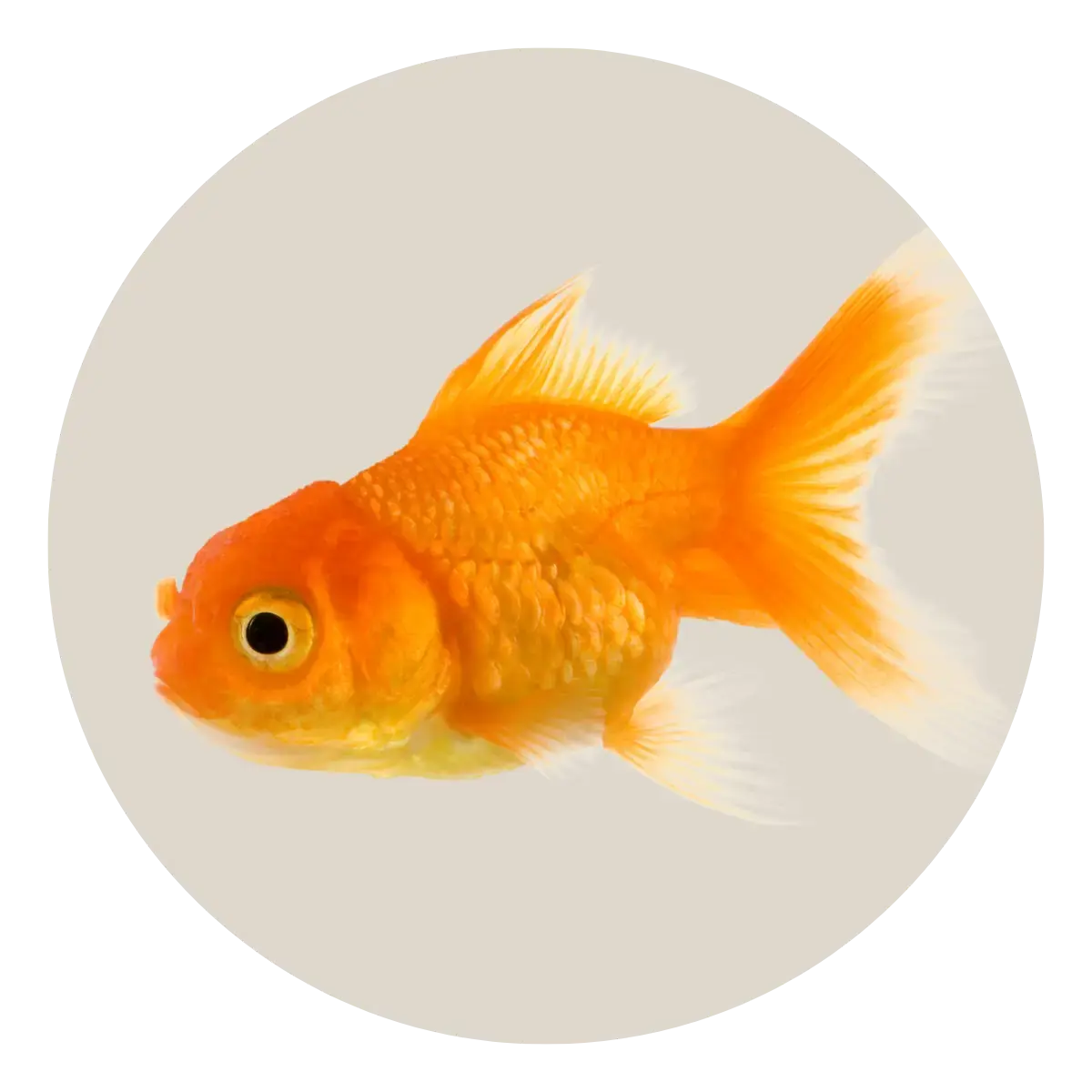As we age, maintaining brain health becomes increasingly important. Cognitive decline - including memory loss, slower thinking, and reduced verbal skills — is a common concern among older adults. But what if something as simple as having a furry companion could help slow this process?
A recent groundbreaking study published in Scientific Reports reveals that owning a cat or dog may play a significant role in protecting cognitive function in older adults. Let’s dive into the details of this research and explore why our pets might be doing more than just keeping us company.
The Study at a Glance
The study analyzed 18 years’ worth of data from the Survey of Health, Ageing and Retirement in Europe (SHARE), involving nearly 16,500 adults aged between 50 and 99 from various European countries. Researchers tracked participants’ cognitive performance over time, focusing on areas like memory recall and verbal fluency.
What they found was remarkable: while cognitive decline naturally occurred in all participants over time, those who owned cats or dogs experienced a significantly slower rate of decline in key cognitive functions compared to those who did not have these pets.
Specifically:
-
Cat owners maintained better verbal fluency and delayed memory recall.
-
Dog owners showed slower deterioration in both immediate and delayed memory recall.
Interestingly, no similar cognitive benefits were observed for owners of birds or fish, highlighting the unique role cats and dogs might play.
Why Do Cats and Dogs Help Brain Health?
Experts believe several factors linked to pet ownership contribute to these cognitive benefits:
1. Increased Physical Activity
Dogs require regular walks, which encourages owners to stay physically active. Exercise is well known to improve blood flow to the brain, support neural health, and reduce the risk of cognitive decline.
2. Enhanced Social Interaction
Walking a dog or engaging with pets can foster social connections — whether with neighbors, other pet owners, or family members. These interactions help combat loneliness and social isolation, which are major risk factors for cognitive decline.
3. Emotional Support and Stress Reduction
Pets offer unconditional love and companionship, which can alleviate feelings of anxiety and depression. Lower stress levels are linked to healthier brain function and reduced risk of neurodegenerative diseases.
4. Mental Stimulation
Caring for pets involves daily routines, problem-solving, and attention to their needs. This engagement provides valuable mental exercise, helping to build cognitive reserve — the brain's ability to cope with damage and maintain function.
Cognitive Reserve: The Brain’s Protective Shield
The concept of cognitive reserve is central to understanding how pet ownership might protect brain health. Think of cognitive reserve as the brain’s resilience to damage caused by aging or diseases like Alzheimer’s.
Engaging activities — including physical exercise, socializing, emotional connections, and mental challenges — help build this reserve. Pets provide all these benefits naturally through the lifestyle and responsibilities they bring, effectively “training” the brain to stay sharp.
Even Those Starting with Lower Memory Scores Benefit
The study also showed that older adults who began with slightly lower memory performance but owned cats or dogs still experienced slower cognitive decline than their pet-free peers. This suggests that pet ownership might be particularly beneficial even for individuals already at some cognitive disadvantage.
What Does This Mean for You?
If you’re an older adult or have loved ones concerned about brain health, this study offers hopeful news. While owning a pet is not a guaranteed way to prevent cognitive decline, the evidence points to significant benefits from the active and engaged relationship cats and dogs provide.
Of course, owning a pet is a big commitment — and it’s important to choose a pet that fits your lifestyle and abilities. But the companionship, routine, and joy they bring might be a powerful ally for your brain health.
Supporting Your Pet’s and Your Own Wellbeing
To make the most of these benefits:
-
Prioritise regular walks and playtime with your pet.
-
Use interactive toys and puzzles to keep your pet’s mind engaged (and yours too!).
-
Foster social opportunities by connecting with other pet owners.
-
Take time to enjoy the emotional bond with your furry friend.
Final Thoughts
This research shines a new light on the incredible role pets can play in healthy aging. Beyond companionship, cats and dogs may help keep our minds sharper for longer, improving quality of life as we grow older.
If you don’t have a pet yet but are considering one, or if you want to deepen your bond with your current companion, now is a great time to recognize how much your pet might be doing for your brain — and return the favor with love and care.








